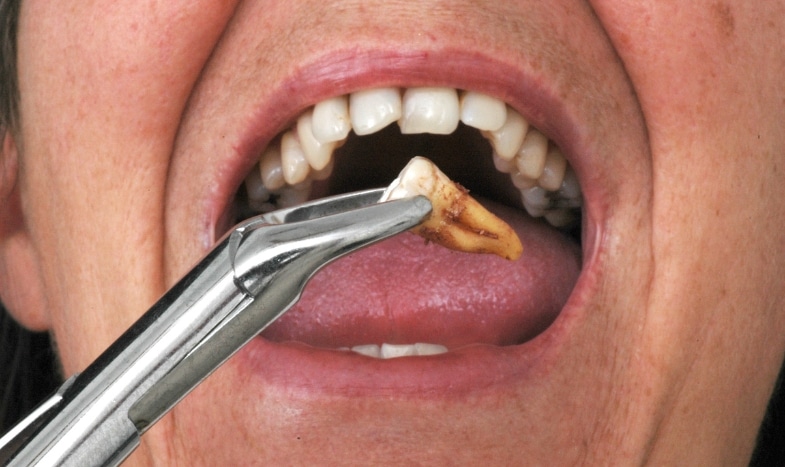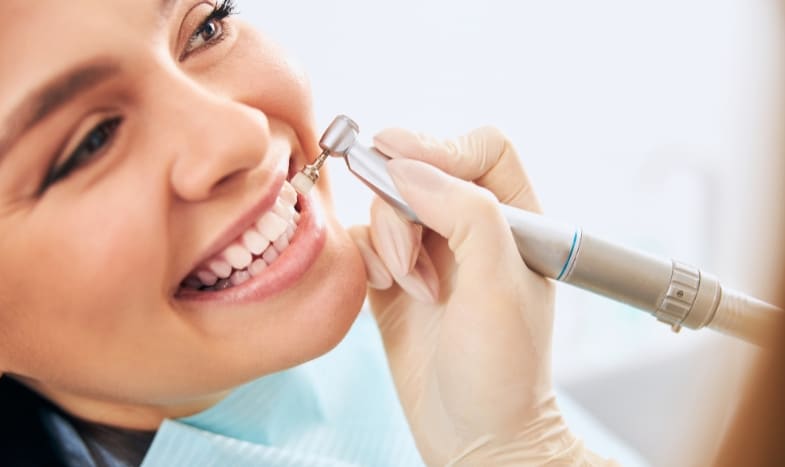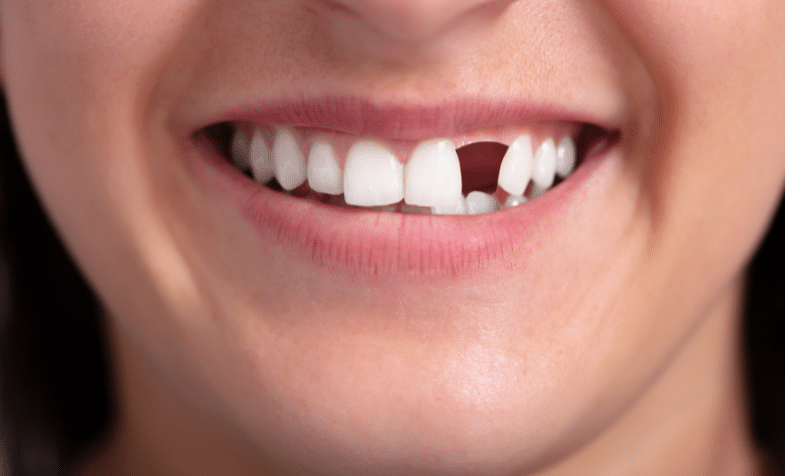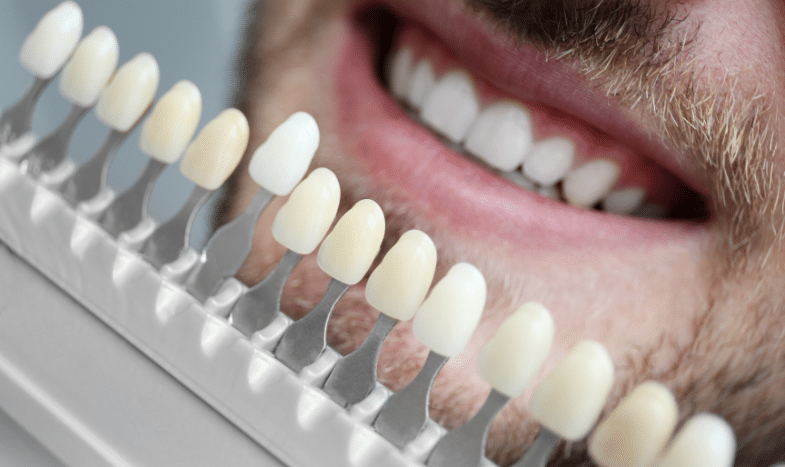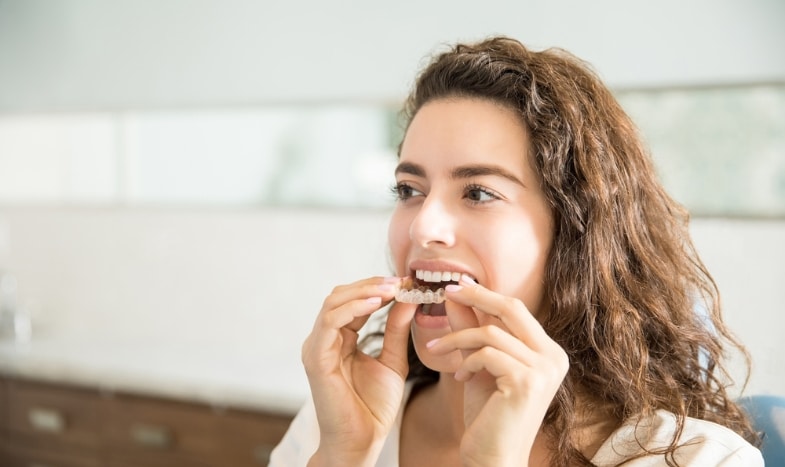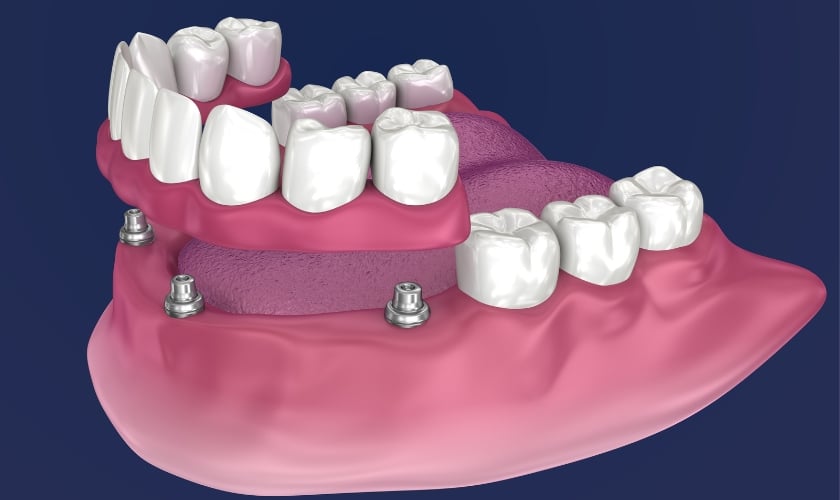
What Can You Eat And Drink With All-On-4 Dental Implants?
All-on-4 dental implants are a revolutionary treatment option for individuals who have lost multiple teeth or require full arch restoration. This procedure involves the placement of four implants to support a complete set of prosthetic teeth. After undergoing this transformative procedure, it is essential to understand the importance of choosing the right foods and beverages to promote healing and ensure the long-term success of your implants. By making informed dietary choices, you can ensure a smooth recovery process and enjoy the lasting benefits of your new smile.
Immediate Post-Procedure Phase:
The post-procedure phase is crucial for the healing and stability of All-on-4 dental implants, requiring strict adherence to guidelines to minimize discomfort.
- Soft Food Diet: Following a soft food diet is essential for the initial days post-procedure to prevent excessive pressure on implants and facilitate proper healing.
- Avoid Hot Foods and Drinks: Following a procedure, avoiding hot foods and beverages is advisable as they can disrupt the healing process and cause discomfort.
- Hydration is Key: Maintaining hydration is crucial for healing, so consume plenty of water, herbal tea, or clear broths, avoiding carbonated or sugary drinks.
- Take Medications as Prescribed: Your dentist may prescribe pain medications or antibiotics to manage discomfort and prevent infections, ensuring proper healing by following the prescribed dosage and schedule.
- Avoid Chewing on the Surgical Site: Avoid chewing on the surgical site or using excessive force while cleaning your mouth during this phase to prevent unnecessary pressure and ensure implant stability.
- Maintain Oral Hygiene: Post-procedure oral hygiene is crucial, including gentle brushing, avoiding surgical areas, and using a non-alcoholic antimicrobial mouthwash recommended by your dentist to maintain cleanliness and reduce infection risk.
Follow these steps for a smooth recovery and seamless integration of All-on-4 dental implants into your jawbone, consulting with your dentist for personalized recommendations and addressing any concerns.
Transition Phase:
The transition phase involves gradually introducing firmer foods into your diet while being cautious as All-on-4 dental implants heal and stabilize further.
- Progress from Soft to Firmer Foods: Increase texture in the diet as healing progresses by incorporating cooked vegetables, pasta, soft fruits, ground meats, and fish to enhance chewing resistance while remaining gentle on implants.
- Cut Food into Small Pieces: Cut your food into smaller, bite-sized pieces to minimize strain on the implants. This will make it easier to chew and reduce the risk of damaging the implants.
- Continue with Soft Foods if Necessary: If you experience discomfort or notice that certain foods are irritating, continue incorporating softer options into your diet until you feel ready to progress further.
- Chew Carefully and Avoid Sticky Foods: Transition to firmer foods by chewing slowly and evenly, avoiding sticky or chewy foods that could dislodge implants.
- Maintain Good Oral Hygiene: During the transition phase, maintain good oral hygiene by brushing gently, focusing on the gumline and implant area, and using a non-alcoholic antimicrobial mouthwash recommended by your dentist.
- Monitor Any Discomfort: During the implant healing, monitor for discomfort, unusual sensations, and persistent pain. Contact your dentist for an evaluation to ensure proper healing.
Reintroduce firmer foods gradually while maintaining implant protection, listen to your body’s pace, and consult your dentist for personalized guidance on the transition phase.
Long-Term Maintenance:
After healing All-on-4 dental implants, it’s crucial to maintain their long-term success and enjoy a variety of foods by following a step-by-step care plan.
- Continue with Good Oral Hygiene: Maintaining good oral hygiene is crucial for implant success, including brushing teeth twice daily, using non-abrasive toothpaste, and flossing daily to remove plaque and debris.
- Visit Your Dentist Regularly: Regular dental check-ups are crucial for maintaining the health and stability of All-on-4 implants, involving professional cleanings, examinations, and adjustments to ensure optimal implant function.
- Enjoy Greater Food Variety: With fully healed implants, you can enjoy a balanced diet of lean meats, whole grains, vegetables, fruits, dairy products, and nuts while maintaining caution.
- Limit Certain Foods and Habits: Limit dietary flexibility, avoid chewing on hard objects, use implants for packaging, and avoid hard or sticky foods to ensure implant longevity and prevent damage.
- Stay Hydrated with Water: Drinking enough water throughout the day is crucial for maintaining oral health, as it flushes out food particles, maintains saliva production, and protects teeth and implants.
- Practice Consistent Oral Care: Maintain a diligent oral care routine, thoroughly clean implant-supported prosthetic teeth, and maintain regular dental hygiene to prevent oral health issues and extend the lifespan of the implant.
Regular consultation with your dentist is crucial for the long-term success and functionality of All-on-4 dental implants, ensuring a beautiful smile and a wide range of food options.
Foods And Drinks To Avoid:
While enjoying your All-on-4 dental implants, it is important to be mindful of certain foods and drinks that may harm their longevity or cause discomfort. Here are some examples:
1. Hard Candies and Ice Cubes
2. Chewing Gum
3. Carbonated Beverages
4. Sticky Candies
5. Tough Meats
6. Crunchy Foods
7. Nuts and Seeds
Avoiding certain foods and drinks can help maintain the long-term success and functionality of All-on-4 dental implants, but individual cases may vary. Consult your dentist for personalized recommendations.
Tips For Optimal Oral Health:
Maintaining good oral health is crucial for the overall success and longevity of your All-on-4 dental implants. Here are some tips to help you keep your mouth healthy and ensure the best outcomes:
- Follow a Proper Oral Hygiene Routine: Brush teeth twice daily with a soft-bristle and non-abrasive toothpaste, focusing on gumline and implant-supported prosthetic teeth, and brush gently to avoid damaging implants or gum tissues.
- Floss Regularly: Regular flossing is crucial for removing plaque and debris between teeth and implants, using dental floss or interdental brushes designed for implant care, and being gentle to avoid damaging surrounding gums.
- Use an Antimicrobial Mouthwash: Rinse your mouth with an antimicrobial, non-alcoholic mouthwash recommended by your dentist. This can help reduce bacteria and maintain good oral hygiene.
- Attend Regular Dental Check-ups: Regular dental visits, recommended by your dentist, are crucial for monitoring implant health, performing professional cleanings, and addressing potential issues early on.
- Avoid Tobacco Products: Quitting smoking is crucial for maintaining optimal oral health and ensuring the success of dental implants, as smoking increases the risk of complications like infection or failure.
- Maintain a Balanced Diet: A balanced, nutrient-rich diet is crucial for maintaining oral health avoiding sugary and acidic foods and drinks that can cause tooth decay and gum issues.
- Protect Your Teeth During Physical Activities: Wear a mouthguard during sports or activities involving oral trauma to safeguard your implants and natural teeth from potential damage.
- Consult Your Dentist: Consult your dentist for personalized advice on maintaining optimal oral health with All-on-4 dental implants based on your needs.
Maintaining good oral hygiene, reducing complications, and ensuring the long-term success of All-on-4 dental implants requires regular communication and visits to your dentist for tailored guidance.
Knowing what to eat and drink with All-on-4 dental implants in Riverside, CA is vital for a successful outcome and long-term satisfaction. Consult your dentist for personalized dietary recommendations based on your specific needs. Following the appropriate guidelines and maintaining excellent oral hygiene, you can enjoy your new smile and the freedom to eat a wide range of foods for years.
